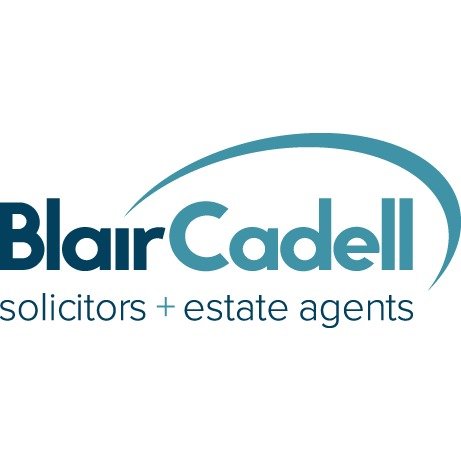Best Estate Planning Lawyers in Edinburgh
Share your needs with us, get contacted by law firms.
Free. Takes 2 min.
List of the best lawyers in Edinburgh, United Kingdom
About Estate Planning Law in Edinburgh, United Kingdom
Estate planning in Edinburgh involves the legal process of documenting your wishes regarding how your assets and personal affairs should be managed during your incapacitation or after your death. This can include the drafting of a will, establishing trusts, making nominations for legal guardianship, and providing directives for end-of-life care and funeral arrangements. The regulatory framework governing estate planning in Edinburgh is largely detailed in the Inheritance Tax Act of 1984, the Trustee Act of 2000, and the Scotland Act of 1998.
Why You May Need a Lawyer
A lawyer can provide invaluable assistance in navigating the complexities of estate planning. This can include ensuring that a will is legally sound, minimizing the potential for future litigation, and providing advice on inheritance tax mitigation. Lawyers can also assist with more complex aspects of estate planning, such as the creation of trusts and the incorporation of charitable giving into an estate plan.
Local Laws Overview
Estate planning in Edinburgh follows the same basic legal framework as the rest of the UK with a few local nuances. For instance, under the rules of intestate succession in Scotland, where a person dies without a valid will, their spouse, civil partner, and children are entitled to consideration before other relatives. Also, Inheritance Tax is applicable on estates valued over £325,000, with the rate currently set at 40% for any value above the threshold.
Frequently Asked Questions
What is the role of an executor in estate planning?
An executor is an individual appointed in a will to manage the deceased’s estate, including the distribution of assets, paying any outstanding debts, and dealing with any legal matters.
What happens if I die without a will?
If you die without a will (intestate) in Scotland, your estate will be divided in accordance to Scottish laws, where your spouse, civil partner, and children are entitled to consideration first.
How can I reduce inheritance tax on my estate?
There are various methods to reduce inheritance tax including lifetime gifts, placing assets into trust, or leaving a portion of the estate to charity. Consult with an estate planning lawyer for tailored advice.
Do I need a lawyer to create a will?
While it's not a legal requirement, having a legal professional draft your will can ensure it is legally valid and meets all your intentions.
What is a power of attorney?
A power of attorney is legal authorization for an individual to act on your behalf in financial and medical matters if you become incapacitated.
Additional Resources
The Law Society of Scotland offers resources on estate planning, including a brochure titled "Writing a Will". The Scottish Government also provides guidance on inheritance and succession. Use helpful online resources such as the Citizens Advice Scotland and UK's government website for more legal information.
Next Steps
If you need legal assistance in estate planning, you should consult with a legal professional specialising in this field. It's important to provide a comprehensive picture of your financial situation and personal circumstances to ensure your estate plan is tailor-made for your needs. Remember to review your estate plan regularly as life changes can affect its viability and effectiveness.
Lawzana helps you find the best lawyers and law firms in Edinburgh through a curated and pre-screened list of qualified legal professionals. Our platform offers rankings and detailed profiles of attorneys and law firms, allowing you to compare based on practice areas, including Estate Planning, experience, and client feedback.
Each profile includes a description of the firm's areas of practice, client reviews, team members and partners, year of establishment, spoken languages, office locations, contact information, social media presence, and any published articles or resources. Most firms on our platform speak English and are experienced in both local and international legal matters.
Get a quote from top-rated law firms in Edinburgh, United Kingdom — quickly, securely, and without unnecessary hassle.
Disclaimer:
The information provided on this page is for general informational purposes only and does not constitute legal advice. While we strive to ensure the accuracy and relevance of the content, legal information may change over time, and interpretations of the law can vary. You should always consult with a qualified legal professional for advice specific to your situation.
We disclaim all liability for actions taken or not taken based on the content of this page. If you believe any information is incorrect or outdated, please contact us, and we will review and update it where appropriate.








